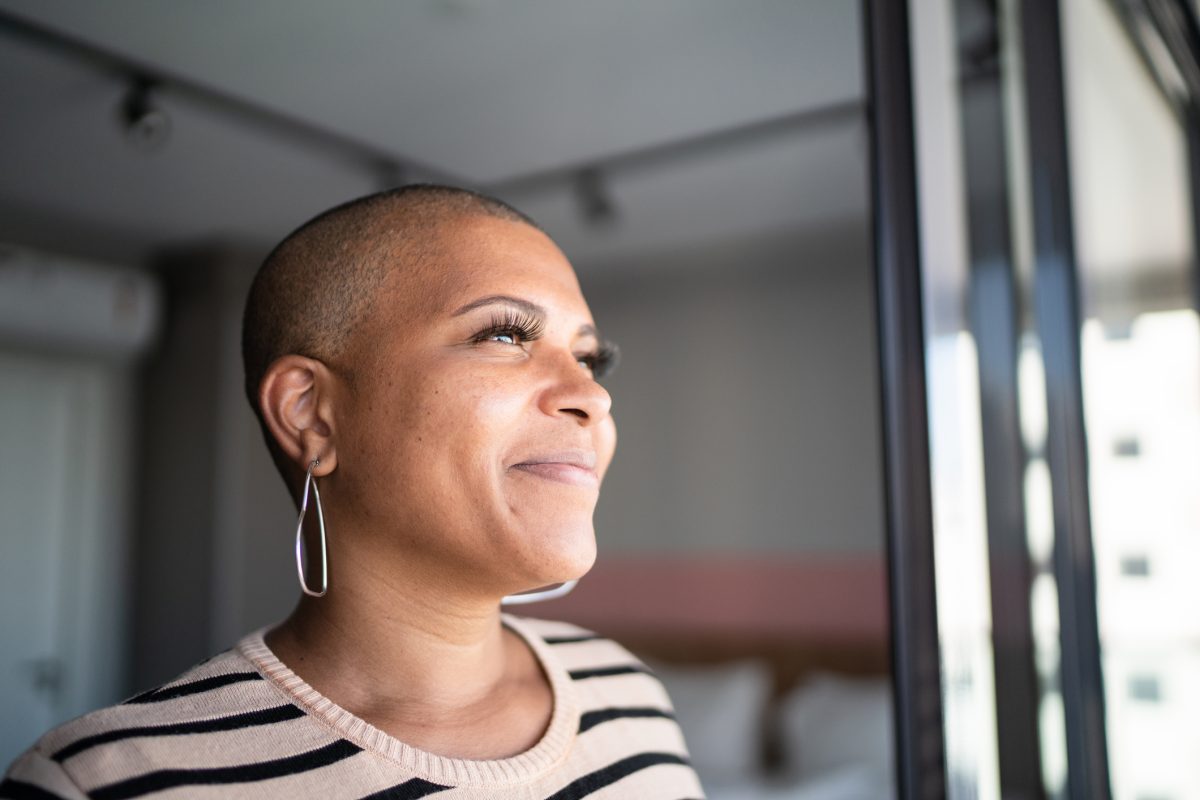Approximately one in four people will be diagnosed with colon cancer at some point in their lives — a statistic that places colorectal cancer as the fourth leading cause of cancer in the United States.
Sadly, the incidence of the early-onset form of the disease, which occurs in people aged 50 and younger, is expected to rise by more than 140% by 2030.
The good news is that death rates in people diagnosed with colon or rectal cancer have fallen, as screening and treatment have improved. But survivors still have a shorter life expectancy than their peers in the general population.
However, researchers at the Colon and Rectal Cancer Center at Dana-Farber Cancer Institute believe they’ve identified a simple daily activity that not only helps survivors live longer, but potentially even longer than someone who has never had cancer.
Why just survive when you can live longer
Movement is life. Previous research indicated that exercise could increase the lifespans of survivors even in the advanced stages of cancer.
But the Dana-Farber researchers wanted to take it a step further to find out if regular exercise had the power to help colon cancer patients boost their survival rates beyond people who’d never had cancer.
To find out, they delved into the exercise habits — both before and after treatment — of nearly 3,000 colon cancer patients. And the results were clear…
To remain cancer-free, even three years out from treatment, exercise is key.
According to the researchers, the magic number for survival comes down to physical activity, equivalent to walking about an hour a day at a 2- to 3-mile-per-hour pace, at least 6 days a week.
“Those patients not only had a better overall survival if they were more physically active, they actually looked like they had a slightly better overall survival compared to the general population,” says senior researcher, Dr. Jeff Meyerhardt.
In fact, even patients who suffered a cancer recurrence increased their survival chances if they stayed physically active.
Making healthy changes to your cell soup
According to cancer researchers, multiple mechanisms make exercise one of the most potent tools for not only surviving colon cancer but also preventing it in the first place.
Dr. Kathryn Schmitz, an exercise oncology researcher at the University of Pittsburgh, likes to describe the mechanisms this way…
“What you might think of is that all of our cells are bathed in a soup of sorts, and the constituents of that soup change as a result of being more physically active,” she explains.
If you spend most of your time sitting, your immune system suffers, inflammation flares up and your cells can start to change and grow uncontrolled. However, when you get the regular activity your body needs, the fires of inflammation are quenched and your immune system kicks into high gear.
Then, as Dr. Schmitz explains, “The soup in which your cells are bathed is healthier in a way that will tamp down any cancer development or cancer progression.”
In a previous study that linked exercise to reducing the odds of 13 different cancer types, researchers at the National Cancer Institute identified three factors that could be responsible for the cancer-preventing properties of exercise: its ability to reduce hormones like estrogen, its ability to lower insulin levels and its ability to quell inflammation.
So, if you’ve survived colon cancer (or simply want to make sure you do everything possible to prevent it), exercise is a must.
Also, don’t be intimidated by this study’s findings that you need to walk an hour a day, six days a week. Other studies have found that short, high-intensity sessions can also reduce the growth of colon cancer.
Sources:
Survival Rates for Colorectal Cancer — American Cancer Society
How common is colon cancer? — Fight Colorectal Cancer
Key Statistics for Colorectal Cancer — American Cancer Society
Colon cancer survivors who exercise regularly live longer — NPR
Read full article here


